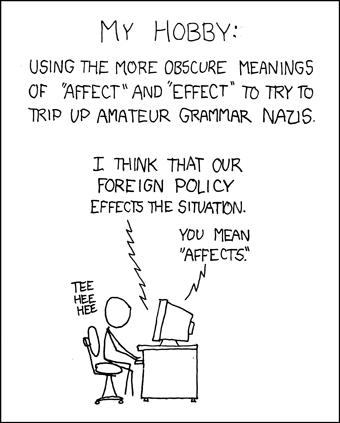I've called it an interview because the conversation was decidedly uni-directional. I arrived a little late to
The Front Page in Washington, DC, and Daniella had already finished her daily writing and was enjoying a glass of sauvignon blanc. Daniella, perhaps most famous for her novel
Diary of a Working Girl, was seated at the bar with a well worn copy of White Oleander. She admits to having read it more than once, but more on that later. Now if that isn't a toxic signal to any man, I'm not sure what qualifies, yet Daniella turned out to be anything but.
(Note, I didn't have my tape recorder on me so the following is not verbatim. Daniella, feel free to call me out if I've misrepresented any of your statements.)
Me: Daniella, do you often write at bars?
D: I like to get there early before all the hustle and bustle. Seeing as I don't have a "day job" it's not that difficult.
Me: In a few words, what would you say is the genre of your novels?
D: Women's fiction. About women, for women.
Me: Perhaps I'll be your first male reader. So, I see you're reading White Oleander (it's the movie edition and we spend a minute or two identifying all the actresses on the cover).
D: I've read it several times. In fact, one time I accidently left it in an airport bathroom. I had to get my friends on the next flight out to pick it up for me. It was probably sitting there for 2 or 3 hours. I was worried somebody would have gotten water all over it. But when I got it back it had all these little passages written inside the cover (she shows me the writing). It's 3 or 4 different people and the funny part is, none of the messages really make any sense, they are very stream of conscience, you know? I mean I'm not sure what makes sense to write in a copy of White Oleander left in an airport bathroom...
Me: I've actually been trying to write for some time. My biggest problem, I think, is that I can't visualize the plot at the beginning. I'm afraid to start because I worry that I might write my way into a corner such that I can't make the plot work.
D: You shouldn't let that deter you. I never know what is going to happen when I start a novel. In fact, I once had one of my characters steal my story for about 10 pages. It was a real struggle. It took me 10 pages to wrestle the story back from this character. Some people say they know how the story will develop, but no one does. Not at the start. If you want to write, you have to write. Try to do it everyday. Even if it is just for 20 minutes.
At this point, several beverages deep, I excuse myself to the restroom. As I squeeze by Daniella's chair and the wall, I'm impeded by a pair of crutches.
D: You want them?
Me: The crutches?
D: Yes. They're mine. Take them.
Me: But clearly you must need them, right? I mean you don't just bring crutches to a bar if you don't need them. (As an aside, it may not be a bad way to get some pity. But Daniella did not strike me as some one looking for any of that.)
D: (Shrugs) All I'm saying is you can have them.
I carefully steady the crutches as I squeeze through. A very strange and seemingly random bit of conversation. In any event, nature called and then I returned.
Me: So your books are written for women. What would you say to your male fanbase?
D: (Laughs) Oh, him. I'd tell him to get a girlfriend.
Me: Alright, just one more question. How is the author life treating you?
D: Emotionally, it's treating me well. I love it. Financially, quite a different story.
Me: So you'd like it if I went out and bought some of your books.
D: Actually, I'm indifferent. I get $0 for each book sold.
(Clearly, Daniella forgets that the publishers get money for each book sold and if they make money from her books they are more likely to purchase her work in the future. But after a few adult beverages, I'm in no mood to spoil the atmosphere with economics talk.)
At this point, the interview winds down. I thank Daniella and promise to read at least one of her books. If you interested, check out her website,
daniellabrodsky.com
